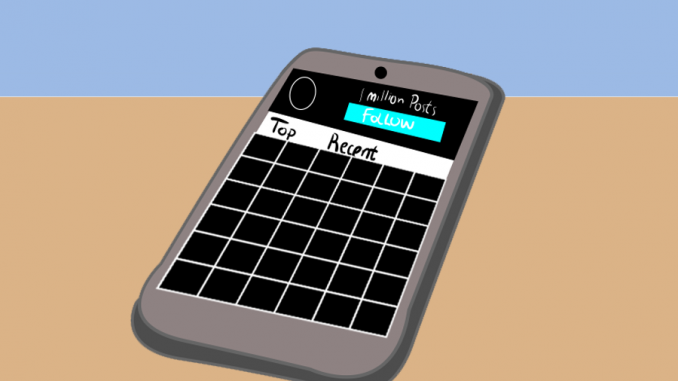
On Sept. 23, a jury came to the verdict that the three Louisville, Kentucky, officers who shot Breonna Taylor while she was asleep in her bed would not be charged, the Guardian reported.
Though protestors marched in Philadelphia down south-bound I-95 demanding justice, the declining support among white self-proclaimed activists on social media was apparent to me.
I remember the outpouring of Black Lives Matter posts following the death of George Floyd at the hands of police officer Derek Chauvin on May 25. I was disappointed in the criminal justice system, but I was equally frustrated with my white friends who remained silent.
Their silence spoke volumes.
I promptly had conversations with my friends about how their silence made me feel. It was not at all a conversation I wanted to have, but I knew it was something that needed to happen.
As a Black woman, I am adamantly against police brutality, and Taylor’s death resonated with me. The lack of advocacy from my white friends was a stab in the back.
It felt like they couldn’t care less about the injustices faced by people who look like me every single day. And if that’s the case, then they’re not really my friends.
The fact that they could pretend nothing was going on reiterated how little their lives had changed and the blissful ignorance they were living in.
The never-ending cascade of black squares with no caption on June 2, known as “Blackout Tuesday,” only proved white folks had gotten their performative activism fix for the year.
Some people had good intentions and honestly thought what they were doing was adequate.
Raising awareness on social media and standing in solidarity is important, but it is not the be-all and end-all.
Still, it was a lot easier to have conversations with people who were trying to be sympathetic than those who flat out did not care, which hurt me the most.
I was successful in helping some of my white friends understand how their silence was offensive. Others showed their true colors, and unfortunately for them, we are no longer friends.
The best thing a white ally could do is to use their white privilege to speak on behalf of people of color. Although many of my high school classmates were doubly privileged by being white and having money, they never said a word. Perhaps they had no interest in changing a system that benefitted them.
It is not the job of Black people to educate white people and non-Black people of color. I didn’t mind sharing my point of view with my friends, but we should not have to take on the burden of teaching people how to be anti-racist.
The support is noticed, but the diminishing support sticks out even more. Many individuals treated Black Lives Matter like a trend that only lasted a month. With the upcoming election, it is critical to stay the course.
White people need to step back, listen and give Black people space to amplify our voices. But we also need them to stand with us until systemic changes are implemented.
There is always room for allies within the Black Lives Matter movement. But I implore my white friends who claim to support the movement not to leave when the going gets tough.


Be the first to comment